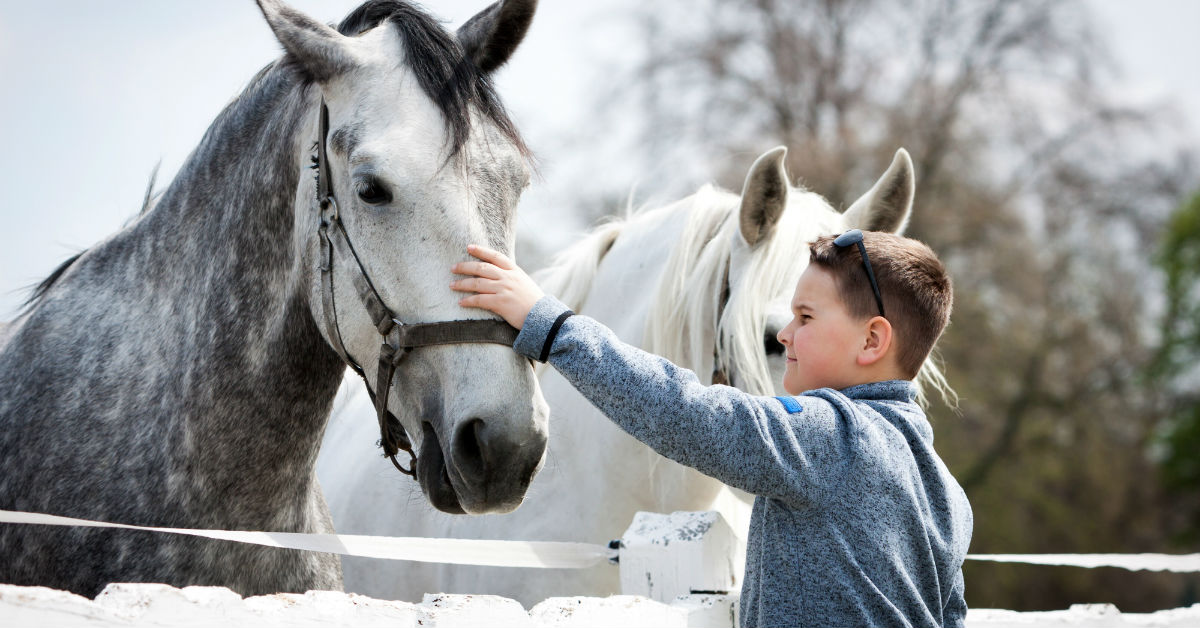Troubled teen boys need positive interactions to help them reengage with society. One way to help them with this process is through animal therapy. Teens can benefit from pet therapy either through personal visits or in a residential program.
The Background of Animal Therapy
Indian mythology provides many stories of the relationship between humans and animals. Therapeutic animals were used in Belgium dating back to the Middle Ages. Later, groups in Germany and Austria further reported on the benefits of calming people through bonding with nature, including animals. Several disciplines, including sociology, veterinary medicine and psychiatry, have demonstrated the more recent use of companion animals as therapeutic.
The Process Involved in Animal Therapy
The key to effective animal therapy involves the teens in individual or group settings and enhances cognitive, emotional, social and physical well-being. These are not entertainment or even service animals, such as guide dogs. Interactions with animals promote the release of endorphins in the brain, triggering the pleasure center and providing natural happiness. They also improve self-image and overall mental function.
Effectiveness of Animal Therapy with Various Disorders
Animal therapy has been proven to be effective with numerous conditions, including the following:
Addiction – Addicts crave the release of dopamine, which is triggered by the use of their substance of choice. Animal therapy also releases dopamine, helping addicts relearn positive ways to enjoy life without the use of alcohol or drugs.
Autism – When autistic children connect with animals, especially canines, they demonstrate increased pro-social behavior. Other animals, including horses and dolphins, also show promising results for treatment.
Attention deficit hyperactivity disorder (ADHD) – Studies show that children with ADHD who engage in animal therapy make improvements in motor skills and social behaviors.
Child abuse – Animal therapy can decrease the symptoms of trauma for victims of child abuse.
Grief – Animals help children and teens process grief by reducing tension and anxiety and providing comfort.
Physical disabilities – Children with cerebral palsy benefit from equine therapy, which strengthens weak muscles in participants.
Case Study at Excelsior Youth Center
A study in Spokane, Washington, introduced teen boys to dogs from the local Humane Society for an hour once a week. The boys played with, brushed and fed the dogs. Immediate benefits included improved moods as the teens self-reported feeling happy and excited with less overall sadness.
The facilitators of the study indicated that involvement with the canines helped the boys take control of their lives. They further hypothesized that the interaction with the dogs releases dopamine, a natural chemical that stimulates the pleasure centers of the brain. Troubled teen boys who suffer from chemical imbalances no longer release these chemicals through normal daily activities.
If your teen is struggling with behavioral issues, you have probably tried a myriad of options in order to resolve his problems. Animal therapy offers a unique and healing approach that might just be the solution that your teen — and you — need.






0 Comments